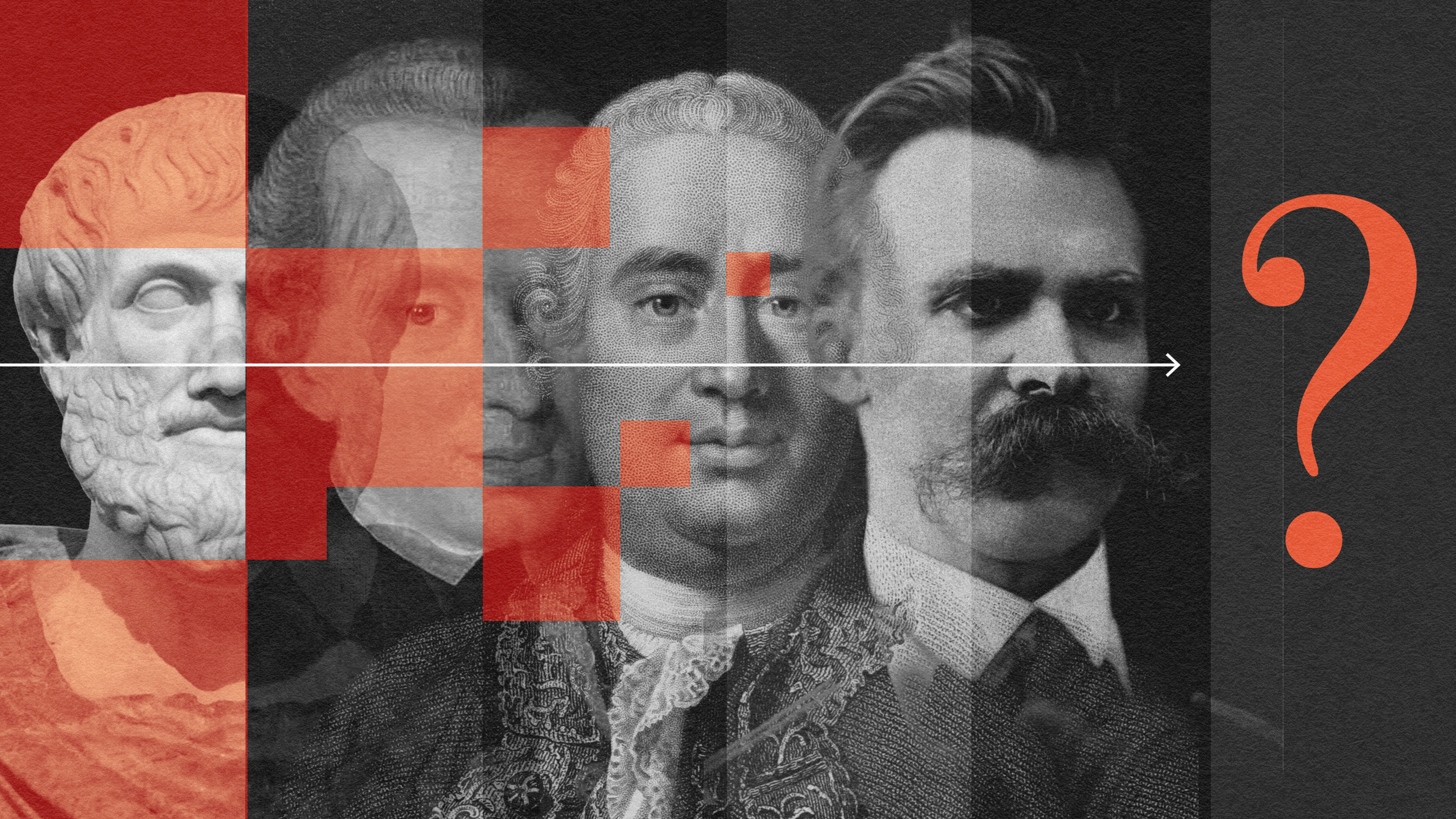The Microanatomy of the Self: Where Does It End?

I was in the Amazon once in a pretty remote village. And when you go from home to home the host will bring you half a coconut shell of chicha and chicha is made with fermented saliva – fermented manioc. In other words, the preparer chews the manioc and spits it out and the bacteria and the spit create this fermentation. So it’s mildly alcoholic. But unfortunately it has this sort of bubbly coating on it – it’s spitty looking. And that was extraordinarily hard to consume.
The idea of taking in saliva is interesting philosophically. I find saliva fascinating – the taboo of it – because this is something you carry around in your mouth all the time. It’s mostly water – ninety something percent water. You are swallowing your own saliva all the time and you’re fine with it. And as soon as it leaves the confines of the self, now you’re disgusted.
Paul Rozin, a psychologist at the University of Pennsylvania, did these studies on disgust and one of his studies looked at saliva. He had a bowl of soup. He said to somebody, “Imagine your favorite bowl of soup. Okay, how likely are you to want to eat that?” And they gave an answer that they were about 99 percent likely. But. “Then imagine the same bowl of your favorite soup. Now imagine spitting into it and how likely are you to eat it?” Nobody wants to go near it even though it’s your own body product.
Rozin looked at the microanatomy of the self. Does it stop at the lips and if you stick your tongue out with food on it is that food now disgusting? No. So the self goes all the way out to the tongue sticking out and then back in. Rozin also looked at how we extend the boundaries of the self to include our loved ones. Whether it’s our children or our lover, we suddenly don’t have a problem with their body products, whether it’s saliva or semen or whatever it is. Or, with the case of children, even their poop. You accept it as though it’s your own – to the extent to which you accept your own. So this was a fascinating consideration of bodily fluids in a more philosophical way than most people consider them.
In Their Own Words is recorded in Big Think’s studio.
Image courtesy of Shutterstock





